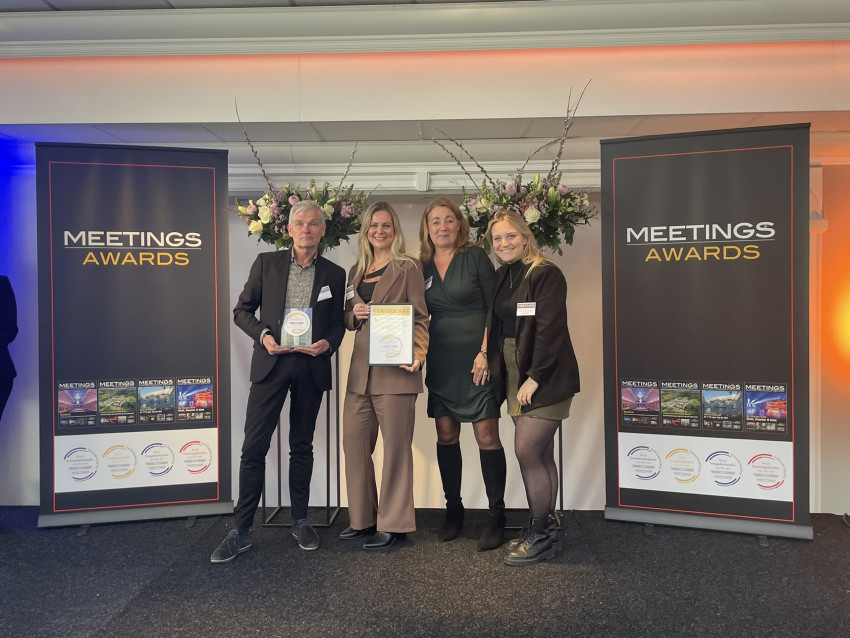
Following the event “Onze Energietoekomst” on May 30 2018 in The Hague the EnergyNL2050 team assessed the consequences of the plans for a fully carbon-free Dutch Energy system for the short term. The plan is meant to aim for a carbon-free energy system on the long term, but to realize such a system the short-term direction needs to be chosen carefully to avoid lock-in and minimize cost.
The system is described in described in The future Dutch fully Carbon-free energy system document, also to be found on the KIVI Electrical Engineering website.
Important measures to be taken on the short term are in our view:
1. Heavy and long-haul transport should move to Hydrogen as a fuel in the (near) future. The Hydrogen infrastructure should be constructed soon. By doing that the ban on new vehicles using fossil-fuel in 2030 can be realized properly. Till then public transport and government vehicles can use it already, this is also important to familiarize the public with the use of hydrogen.
2. (Home) batteries will be essential for the reliability and quality of the grid voltage. Batteries will also make grid adaptations easier and cheaper. The new rules for energy delivery to the grid should make it attractive to have home batteries. Payback of the cost of home batteries should be made possible after at most 7 years.
3. Kerosene will be needed for a long time for airplanes. Production of synthetic fuels for this purpose needs to start on the short term. Processes to make kerosene from electricity are available as the examples of aircraft carriers of the US NAVY show.


